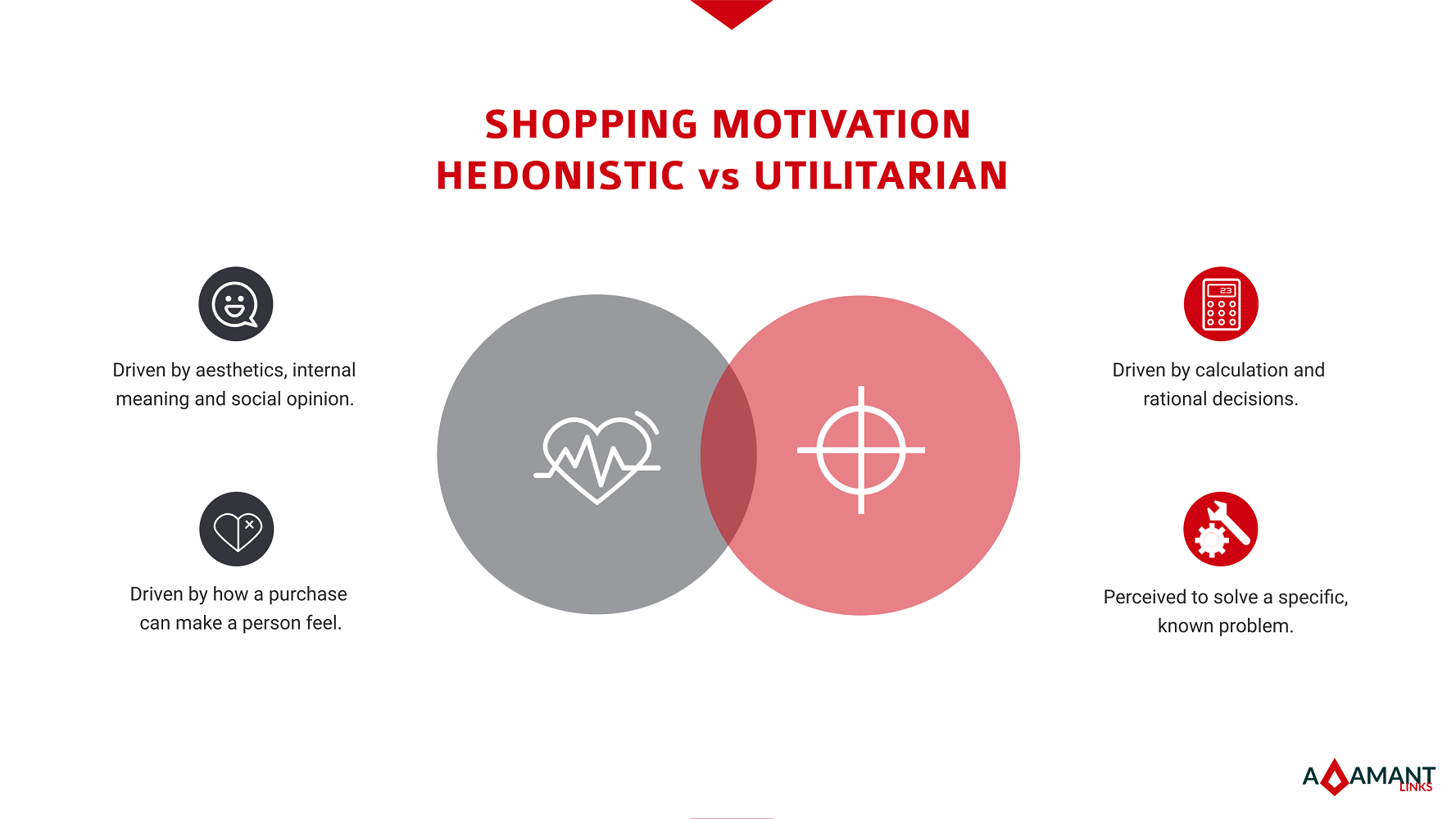
“Eating addiction”, rather than “food addiction”, better captures addictive-like eating behavior. Sugar addiction: the state of the science. Tossing the baby out with the bathwater after a brief rinse? The potential downside of dismissing food addiction based on limited data. Obesity and the brain: how convincing is the addiction model? Nat. A commentary on the associations among 'food addiction', binge eating disorder, and obesity: overlapping conditions with idiosyncratic clinical features.

The neurobiology of “food addiction” and its implications for obesity treatment and policy. Current considerations regarding food addiction. The use of this medical language has implications for the way in which society views overeating and obesity. Food addiction constitutes a medicalization of common eating behaviours, taking on the properties of a disease. These are normal processes that are recruited for natural homeostatic behaviours and can explain the phenomenon of hedonic overeating as a consequence of human motivation pushed to extremes by an obesogenic environment. The hedonic, or reward, system can account for the ingestion of foods and drugs, confirming that they share neural substrates that differentiate liking and wanting. This has fused the concept of obesity with addiction regardless of whether it fits the definition. The scientific case for 'food addiction' as a clinical phenotype currently rests on its association with generic diagnostic criteria for substance-related disorders being applied to everyday foods and eating-related problems. The concept of addiction is loaded with connotations and is often used for its political as much as its medical utility.


 0 kommentar(er)
0 kommentar(er)
